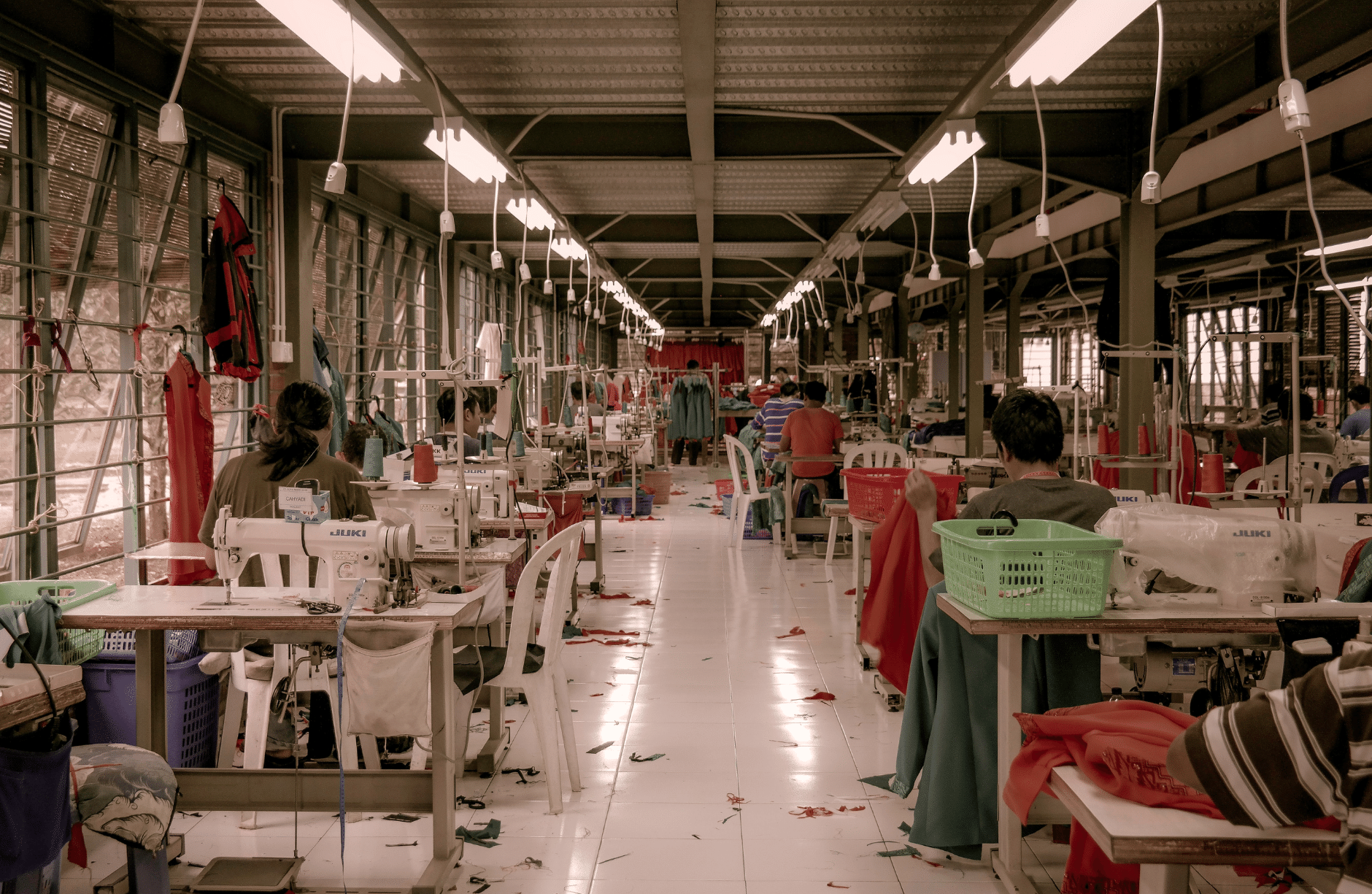Is This The Beginning Of The End For Fast Fashion?

- Fast fashion industry has been growing at an unsustainable rate
- Younger generations are thinking more carefully about the ethics behind fashion
- Fast fashion outlets are no longer a financial priority
Retail will never be the same again. Both a rise in technological capability teamed with the digital necessities of the global pandemic has fundamentally altered the world of retail. Increasingly, stores that were once staples of the high street are closing their doors as online shopping continues to be the method of choice for the vast majority of the developed world. According to Insider Intelligence, US ecommerce sales are expected to exceed $1 trillion for the first time in 2022 – a figure that was not expected to be hit until at least 2024.
As Alessandro Brun, Director of the Masters in Global Luxury Management at POLIMI says, this has had a particularly negative effect on the ‘fast fashion’ industry.
Fast fashion is a well-established term that is often used to describe the quick turnover of designs that move from the catwalk to current fashion trends in high-street stores at affordable prices. However, the fast fashion industry has been growing at an unsustainable rate for many years as people have become more aware of how fashion is one of the most polluting industries in the world.
For many, the pandemic has sparked serious and frank conversations about the future of our planet, and people have been reflecting on their behaviour, asking questions about ethics, and realising that they have a responsibility to ensure a more sustainable future for themselves and future generations. “Fast fashion has created a very unsustainable attitude of buy now, throw away later,” says Brun. “This pandemic will accelerate people’s thoughts and actions, as they think more carefully about what they spend their money on, and indeed where the product comes from in the first place”.
This is especially true for ‘Generation Z’ who are much more mindful about what they buy. Brun believes the younger generation could be a real threat to the fast fashion industry going forward as they seek products that are more ethically produced.
Changing times
Socioeconomic issues, exasperated by global events such as the pandemic, rising energy bills and general increases to the cost of daily living will also continue to have an impact on the fast fashion industry. Low-to-middle income families are the fast fashion industry’s main consumers; however, this demographic has, typically, taken a particularly hard financial hit over the past few years and therefore have needed to divert their spending elsewhere. “With mass levels of unemployment across the globe, for many, buying clothes and accessories from fast fashion outlets will not take priority when it comes to deciding what they will spend their weekly budget on,” says Brun.
On the other hand, the luxury fashion industry will not be affected in the same way as the fast fashion industry. This is because higher income and wealthier households will have maintained their wealth during such turbulent times, and may even have managed to accumulate more, meaning their disposable income has been un-affected. Because of this, Brun believes luxury retailers will not suffer in the same way as wealthier people have not changed their spending habits in the same way.
“As long as people have wealth, people will keep spending their money on expensive things. It is a very niche and unique market that has stood the test of time for centuries, and although some stores have shut down, this is minor in the grand scheme of things,” says Brun.
Luxury living
He explains that luxury isn’t just about clothing, it encompasses a whole host of products, from super-cars and yachts, to big-ticket accessories such as watches and jewellery. Luxury also includes food and beverages such as champagne and chocolates, and also home-décor. Brun shares that throughout lockdown, people have still been consuming and showing off these products. This has been intensified with social media as people are encouraged to document their lifestyles even whilst being confined to their homes, providing a new stage for luxury to be displayed on. “Luxury will always adapt with the times, and will always be in demand.”
Business schools, by their very nature, are used to adapting their offerings to keep pace with changing times and demands, in order to best reflect and shape the industries their students aspire to work in. For many, sustainability has long been a priority – not just in their teaching but in their on-campus operations. And with that adaptation in mind, the luxury industry has gone from strength to strength in recent years due to the fact that there has been an increase from students wanting to train within the luxury industry so that they can make a beneficial impact.
Style vs Sustainability
In response to this, both POLIMI and NEOMA Business School decided to partner with Prada for their International Master in Luxury Management (IMLux) – a double degree course dedicated to training professionals in the luxury sector. In their role as official partner, the Prada group contributes to the course content via workshops, site visits and the organisation of several conferences with speakers from the world-renowned brand.
“Collaborations such as this between international fashion brands and academic institutions are exciting new initiatives that will ultimately help to train the fashion managers of the future to adapt for a more sustainable world,” says Brun.
On a broader scale, people are now realising that fashion isn’t just about the product, it’s about the whole process, meaning more people will continue to make informed decisions, and will avoid less sustainable fast fashion brands. This, Brun says, along with younger generations thinking more carefully about the ethics behind fashion, means there is little doubt that the fast fashion industry will continue to face uncertainty in the following years.

very informative & interesting read